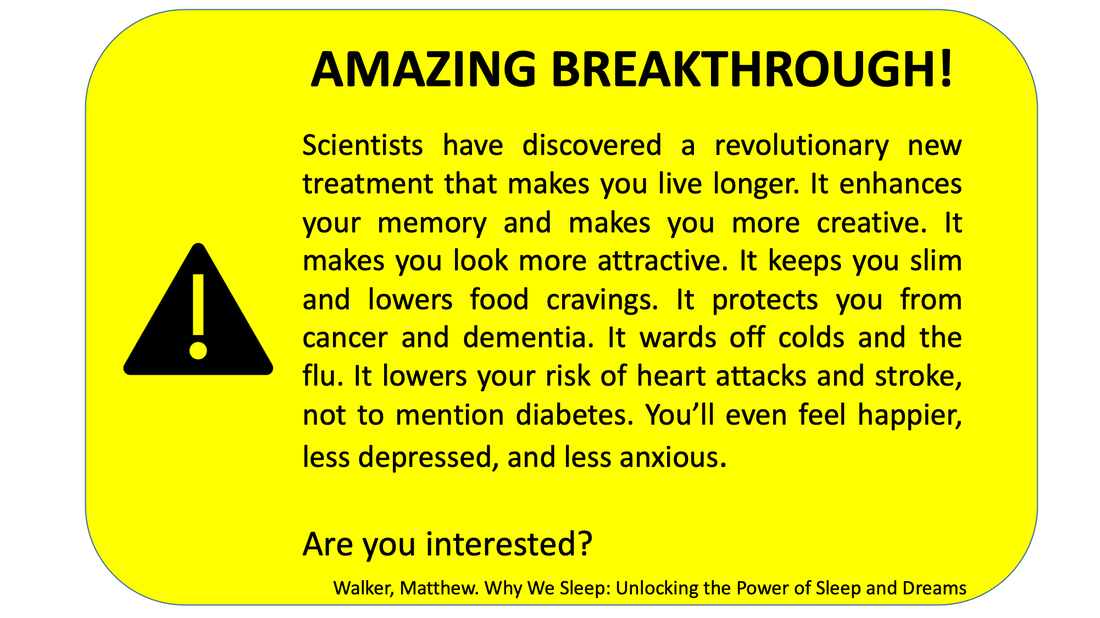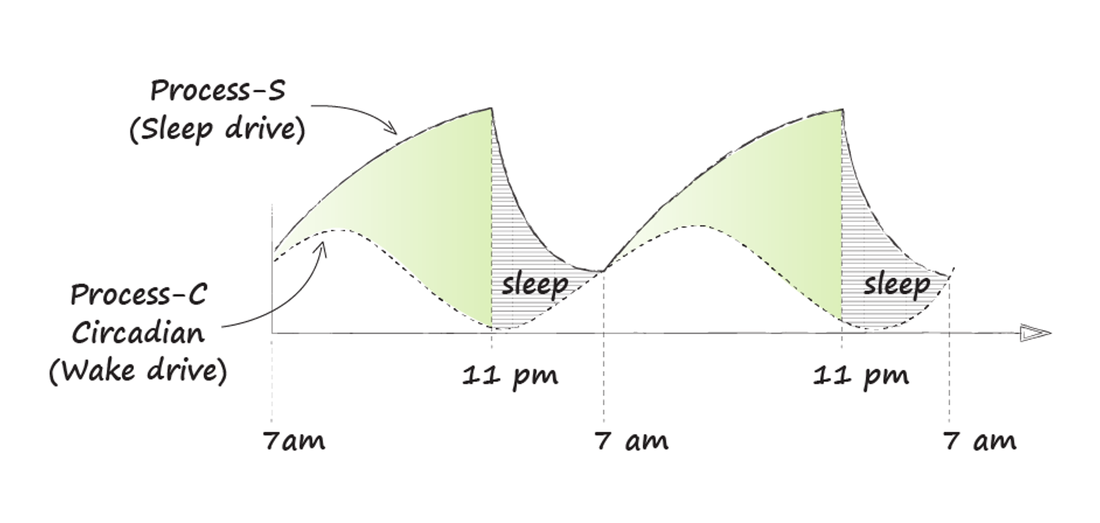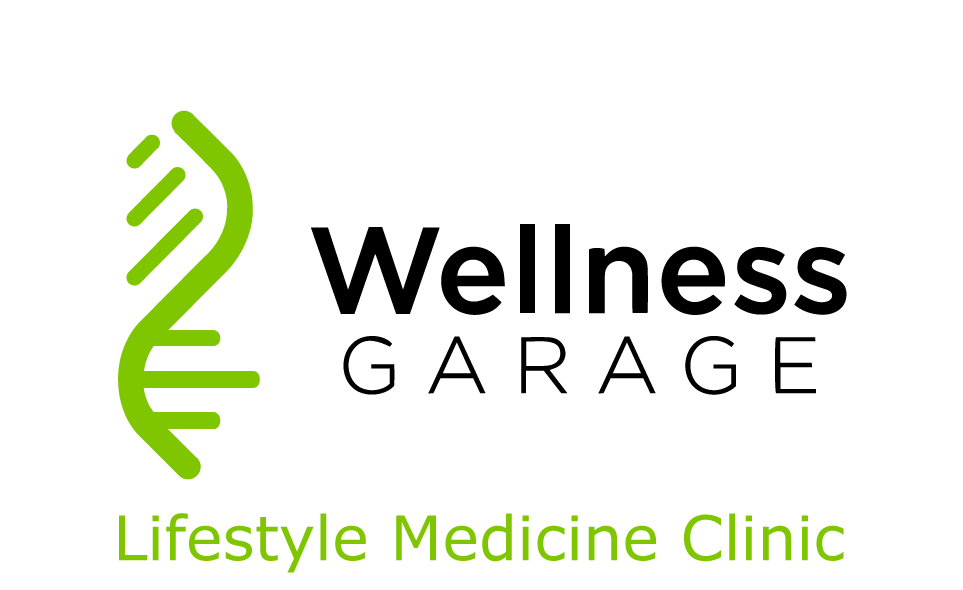Linked to the 24-hour light-dark cycle, humans wake at first light and go to sleep when dark. Along with sleep, much of our physiology is dependent on this circadian rhythm. 30-40% of our genes are either turned on or off by the presence or absence of light. So we have evolved to eat and be active during the day and to rest and digest at nighttime. But what exactly does sleep do? Increasing evidence points to the importance of sleep for brain maintenance. Our brains need downtime to clear the metabolic waste from the activity of thinking. During the day, our brains are highly active, with high metabolic demand. As the day progresses, metabolic waste increases and needs to be cleared for the brain to function optimally. When we sleep, glymphatic channels open in our brains, cerebrospinal fluid circulates, removing the accumulated metabolic waste. While this is happening, our neurons reshape themselves - building new synaptic connections and pruning old ones. Memories are consolidated from short-term storage in our hippocampus to long-term memory in our cortex. We learn new things at night when we sleep, and we forget things that are no longer important (like the number of the hotel room we just checked out of). Through our dreams, we also make new connections between different memories. Without sleep, these memory consolidations do not occur, and learning, memory, and psychological health all suffer. Without sleep, metabolic waste is not cleared, increasing the risk of dementia. Of course, the adverse effects of the lack of sleep go well beyond brain health:
So while we may not fully understand all the effects of sleep, these associations remind us of sleep’s vital nature. Sleep architecture: When we sleep, our brains run through a predictable cycle of sleep stages: Light sleep: Stage 1 - transition from wakefulness to sleep Stage 2 - body temperature drops, heart rate slows, sleep spindles appear Deep sleep Stage 3 - muscles relax, blood pressure decreases, breathing slows Stage 4 - deepest sleep REM - (Rapid Eye Movement Sleep) - dreaming Each cycle takes approximately 90 minutes to complete. In the first part of the night, we get more deep sleep; in the second part, more REM. This pattern is likely related to the consolidation of memory in the first part of the night and new insights and creative connections in the second half. Even from this brief review, you can see the peril in cutting short your sleep. Losing 90 minutes of sleep may cut out a complete sleep cycle and, with it, the loss of learning and creativity. To understand how we can optimize our sleep, we need to know how sleep comes about. Sleep and arousal are closely tied to the light-dark cycle. In the early morning, just before dawn, our brains send signals to our adrenal glands to release cortisol. Cortisol, often referred to as our “stress hormone,” is really our “get up and go” hormone. It mobilizes energy and activates our brains and bodies to be alert for the day ahead. As the day runs its course, cortisol levels decrease until they are barely detectable in the evening before bedtime. As we are active, metabolites of brain activity accumulate, most notably adenosine. The subjective feeling of fatigue correlates closely with adenosine levels. In fact, caffeine blocks adenosine receptors and makes us feel more energetic by blocking the fatigue signal. The gap between the increasing levels of adenosine and the decreasing cortisol concentration has been referred to as sleep pressure. Throughout the evening, this sleep pressure builds until darkness hits and the pineal gland in the brain release melatonin, triggering sleep. How this sleep symphony of hormones plays out determines whether you have a good night of sleep or whether you lie in bed sleepless.
Aligning your behaviours with your sleep hormones is the best way to ensure that you get a good night’s sleep and all the benefits that accrue from it. |
AuthorDr. Brendan Byrne Categories
All
|



 RSS Feed
RSS Feed
